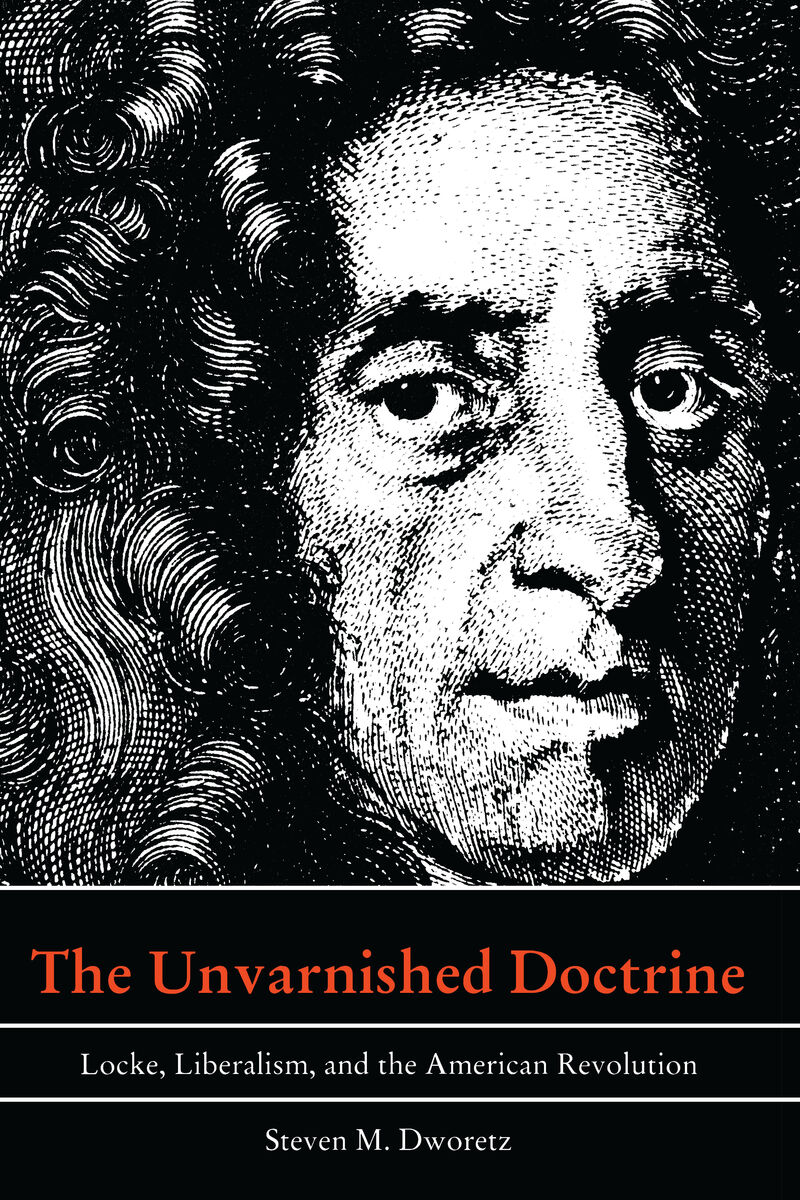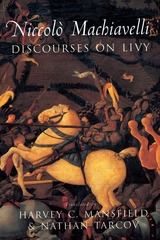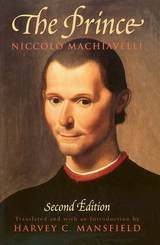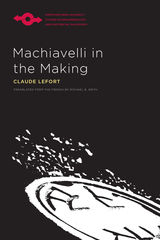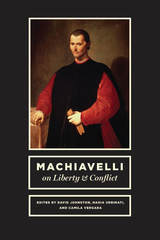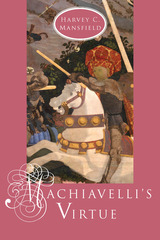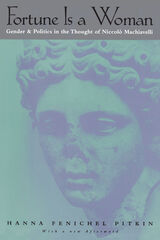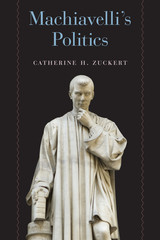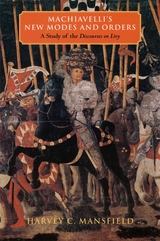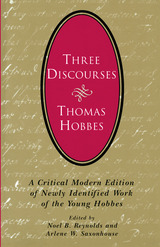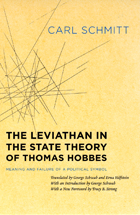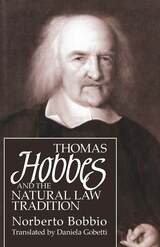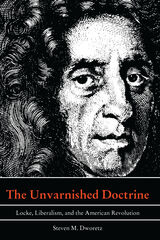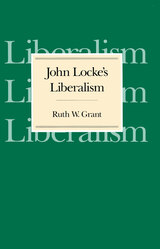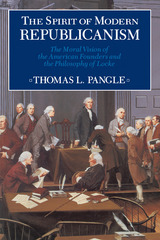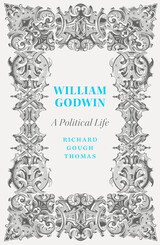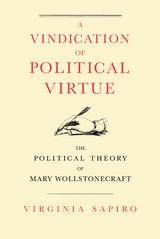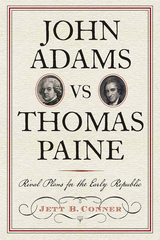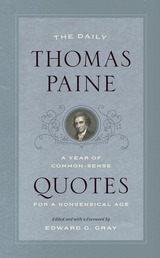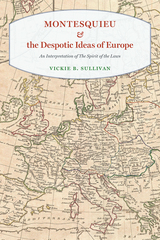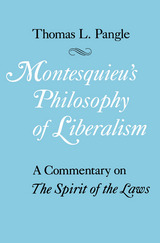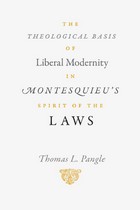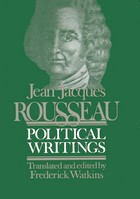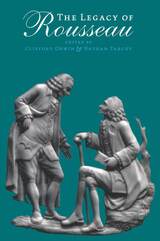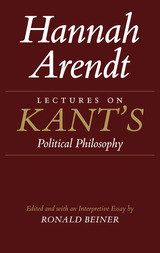The Unvarnished Doctrine: Locke, Liberalism, and the American Revolution
Duke University Press, 1990
Cloth: 978-0-8223-0961-1 | Paper: 978-0-8223-1470-7 | eISBN: 978-0-8223-8224-9 (standard)
Library of Congress Classification JC153.L87D86 1990
Dewey Decimal Classification 320.512097309033
Cloth: 978-0-8223-0961-1 | Paper: 978-0-8223-1470-7 | eISBN: 978-0-8223-8224-9 (standard)
Library of Congress Classification JC153.L87D86 1990
Dewey Decimal Classification 320.512097309033
ABOUT THIS BOOK | AUTHOR BIOGRAPHY | REVIEWS | TOC | REQUEST ACCESSIBLE FILE
ABOUT THIS BOOK
In The Unvarnished Doctrine, Steven M. Dworetz addresses two critical issues in contemporary thinking on the American Revolution—the ideological character of this event, and, more specifically, the relevance of "America’s Philosopher, the Great Mr. Locke," in this experience. Recent interpretations of the American revolution, particularly those of Bailyn and Pocock, have incorporated an understanding of Locke as the moral apologist of unlimited accumulation and the original ideological crusader for the "spirit of capitalism," a view based largely on the work of theorists Leo Strauss and C. B. Macpherson. Drawing on an examination of sermons and tracts of the New England clergy, Dworetz argues that the colonists themselves did not hold this conception of Locke. Moreover, these ministers found an affinity with the principles of Locke’s theistic liberalism and derived a moral justification for revolution from those principles. The connection between Locke and colonial clergy, Dworetz maintains, constitutes a significant, radicalizing force in American revolutionary thought.
See other books on: 1632-1704 | American Revolution | Liberalism | Locke, John | Revolution, 1775-1783
See other titles from Duke University Press
